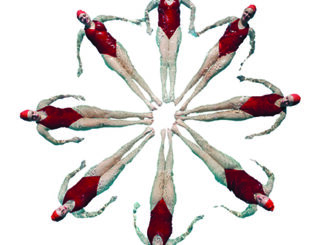
From Qual Insights to Place Branding: How a Small Northern Swedish Town Became a Hotspot for Talent Attraction
In the northern reaches of Sweden, the winter sun barely graces the sky, yet the small city of Skellefteå is attracting new residents by the thousands. With a combination of rural charm, a shift in work-life values, and the rise of green industries, Skellefteå is experiencing a population surge. Once a town struggling with depopulation, it’s now a hub for innovation, thanks to its creative “Sorry Sweden” campaign, driven by qualitative research. This transformation highlights the power of place branding and the growing importance of attracting talent to meet the demands of emerging industries. […]









